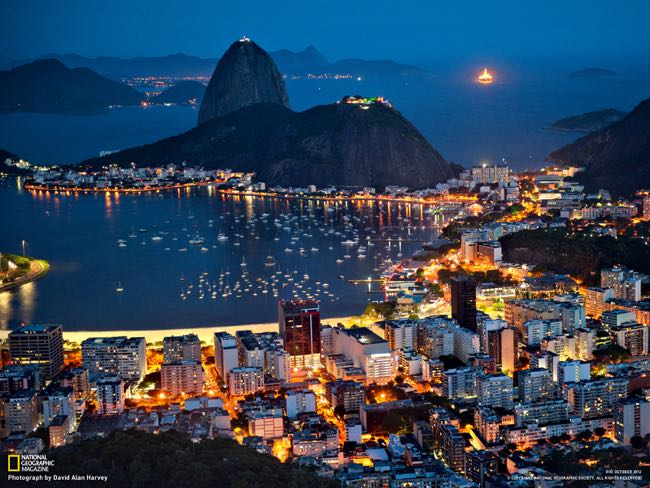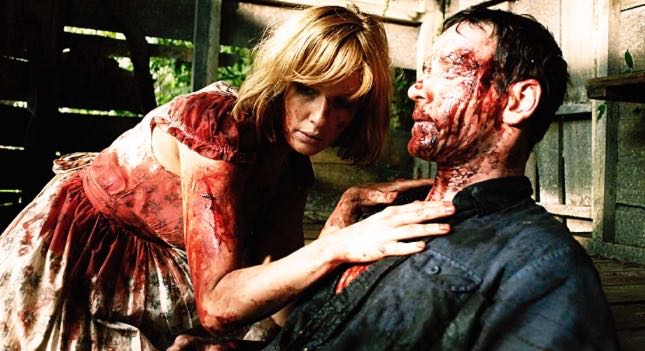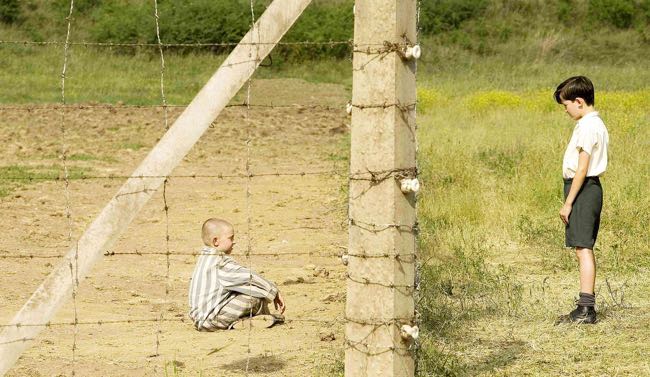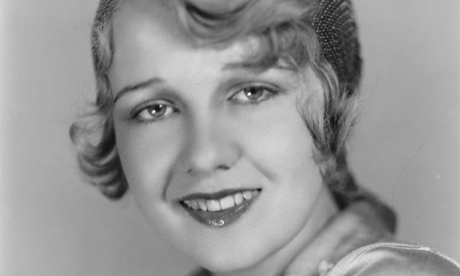LONDON – The Hollywood Reporter has assigned me to cover the Rio de Janeiro International Film Festival in the first week of October.
The 10th Rio festival kicks off Thursday with Brazilian director Bruno Barreto’s “Last Stop 174” centred in brand new headquarters in the city’s historic port area.
The custom-designed, 64,500-square-foot Centro Cultural da Acao e Cidadania will house the Rio Market, the Cine Encontro, in which panel discussions and conferences take place, and a meeting point called Cine Mobile Nokia.
The glamorous side of the festival, which will screen 350 films, will continue to take place at the downtown venues Cinelandia’s Cine Palacio and Cine Odeon Petrobras, which has been refurbished.
There will be Latin American premieres for Woody Allen’s “Vicky Cristina Barcelona,” Francis Ford Coppola’s “Youth Without Youth,” Joel and Ethan Coen’s “Burn After Reading,” Lucrecia Martel’s “La mujer sin Cabeza,” Pablo Trapero’s “La Leonera,” Mike Leigh’s “Happy Go Lucky,” and Korean director Kim Jee-woon’s “The Good, the Bad, the Weird.”
The festival’s competition, Premiere Brasil, will feature world premieres including first time director Matheus Souza’s “Apenas O Fim,” Mauricio Farias’ “Veronica,” and José Eduardo Belmonte’s “Se Nada Mais de Certo.”
Festival artistic director Ilda Santiago told me, “Latin American films don’t travel well to other Latin American countries and we have to build those bridges. One of the main strategies of the festival, and we’ve seen it growing over the years, is to make it the kind of place where producers from different countries can meet and talk about ideas and projects.”
The festival is also important because it helps to launch films into the Latin American market, Santiago said: “There is still a huge audience in Latin America that has not been reached and we want to make the world understand how under-worked it is and Hollywood to understand what a great launching pad the festival is.”
A version of this story appeared in The Hollywood Reporter.













Walter Salles has it right about violence and silence
Walter Salles, whose new film “Linha de Passe”, about a mother and her four sons struggling to get by in Sao Paulo, Brazil, opens in the U.K. Friday, says there are two things that bother him about most movies. One is that someone, usually more than one, has to die violently. The other is the complete disregard for silence. He is not alone.
Salles makes wonderful movies such as “Central Station” and “The Motorcycle Diaries” and his new one, directed with Daniela Thomas, is another one well worth seeing. The music, as always, is by the great Gustavo Santaolalla.
In a Q&A with my old pal, Daily Telegraph critic David Gritten following a BAFTA screening Tuesday night, Salles praised Sandra Corveloni, whose performance as the mother in the film won her the best actress prize at the Festival de Canne. Salle said that a major influence on his film was Pier Paolo Pasolini’s 1962 film “Mamma Roma” starring Anna Magnani.
This is what my Hollywood Reporter colleague Deborah Young said about “Linha de Passe” at the Festival de Cannes:
“Twelve years after co-directing “Foreign Land,” filmmakers Walter Salles and Daniela Thomas have returned to update their portrait of urban Brazil, which they left in the economic throes of president Fernando Collor. “Linha de passe” is a far more successful film, both as a drama and in depicting the reality of growing up poor without no future in sight.”